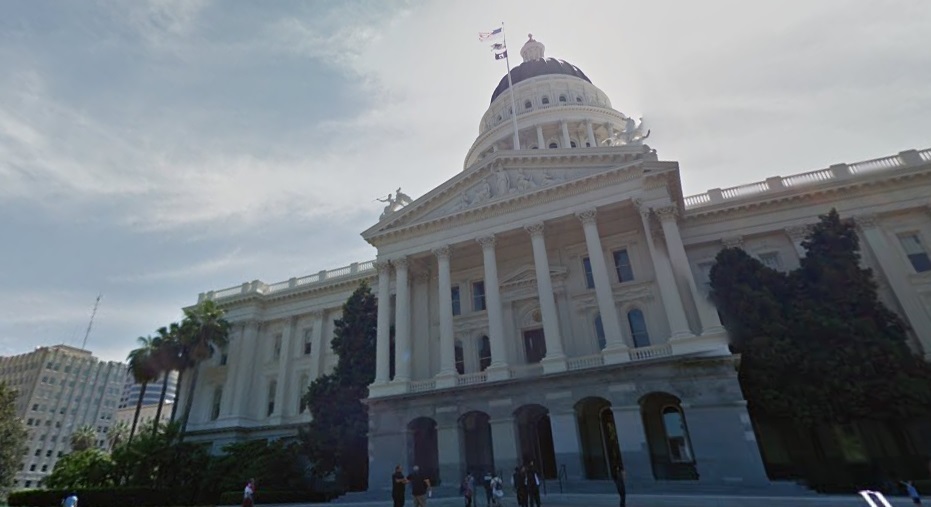
California may have the fourth largest economy in the world, but our small businesses are struggling. It’s not just the high taxes and regulatory hoops we need to jump through to be entrepreneurs, it’s also the high risk of being shaken down by trial attorneys looking to make a quick buck.
One of the most troubling tools in the trial-attorney toolkit is the use of the Americans With Disability Act to get quick payouts from businesses that didn’t even realize they were out of compliance with ADA regulations.
Like most small business owners, I believe in accessibility, and want to make sure anybody can patronize my business. What I struggle with is legal ambushes targeting businesses like mine for technical infractions that do not impede access or reflect bad intent.
Related Articles
Californians might never know if their doctor is an addict if bill passes
A look at California’s new auto-renewal law
State budget includes $750 million in loans to keep Bay Area transit agencies running while new tax sought
They said it: Dialing back environmental rules to speed home building
Can California Democrats require ICE agents to unmask and show IDs?
The good news is that the state Legislature is finally doing something about these shakedowns. The bad news is that one of their so-called “solutions” is actually a wolf in sheep’s clothing.
First, the good: Sen. Roger Niello, R-Fair Oaks, has introduced SB 84, which is co-authored by 24 Republicans and Democrats. This much-needed bill would give small businesses a fair chance to fix accessibility issues before a lawsuit is filed.
Under this commonsense proposal — which has already passed the Senate and is awaiting action in the Assembly — business owners would have 120 days to correct any alleged violations identified in a demand letter. That means fixing a missing sign, updating a parking stall or adjusting a fixture without the threat of an immediate lawsuit and crippling settlement demands.
This right to cure is not a way to avoid responsibility; it’s a way to encourage real compliance instead of enabling trial attorney shakedowns. Right now, a handful of attorneys are exploiting our legal system, filing thousands of cookie-cutter lawsuits against businesses for minor technical violations. These suits often have little to do with improving access — and everything to do with pressuring businesses into quick settlements.
I’ve seen firsthand how devastating these lawsuits can be. Friends in my local business community have paid tens of thousands of dollars just to make a lawsuit go away — even when they believed they were compliant. For small operations running on tight margins, it can mean closing shop for good.
And here’s where the bad comes in: AB 649, by Assemblymember Josh Lowenthal, D-Long Beach, would make this problem even worse.
The bill would make it nearly impossible for business owners like me to recover legal fees — even when we win in court. That means we’re on the hook for expensive legal battles, even if the claim against us was unreasonable. It also burdens us with complex new requirements — like losing protection entirely if we can’t fix an impossible structural issue.
Worse yet, a single misstep — even one that’s out of our control — could open the door to new lawsuits under the state’s Unfair Competition Law. AB 649 would punish small businesses trying to do the right thing. That’s not justice, it’s a trap.
We all want a California where public spaces and storefronts are accessible to everyone. But real access comes from collaboration and fairness — not punishing the very small businesses that form the backbone of our communities.
I urge lawmakers to support SB 84 and reject AB 649. Let’s protect people with disabilities by encouraging real compliance — and stop predatory lawsuits that hurt businesses trying to do the right thing.
Aaron Hichman is president of the California Retail Hardware Owners Association, based in Oakland.